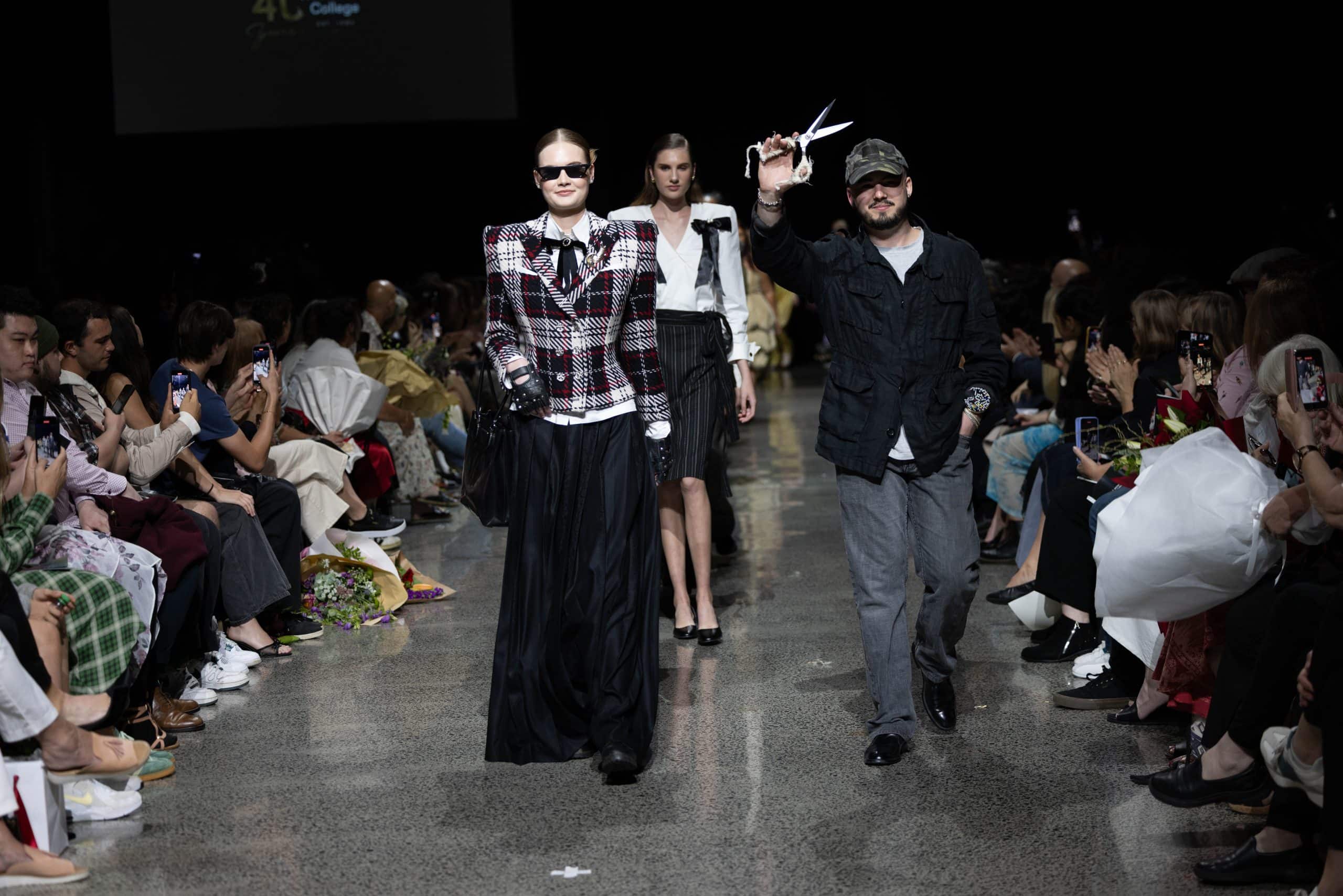
The programme provides an opportunity to draw upon cultural knowledge, social issues, and values to increase awareness of wider issues within the rapidly changing local and global fashion industry.
It is structured by three key interrelated strands of content: sustainable fashion research and practice, theoretical studies, and creative enterprise.
The programme offers rich learning opportunities that inspire critical and creative thinkers as future change-makers, enabling them to address the need for rapid, positive, restorative, and regenerative design solutions, through individual and expressive outcomes.

The programme is creative practitioner, community, and industry-focused, designed to meet the professional needs of the wider sustainable fashion and design industry. It is structured by three key interrelated strands of content: sustainable fashion research and practice, theoretical studies, and creative enterprise.
All technical, theoretical, and professional knowledge and skills inform and are integrated into the practice of designing and creating sustainable and innovative design solutions.
Industry-focused course content and workshops include Pattern Making, Garment Construction, Research, Concept and Design Development, Surface and Material Explorations, Tailoring, Creative Enterprise, and Industry Internships.
Studio Practice is complemented by courses in Sustainable Fashion Practices, Earth-Centred Design, Natural Dyeing, Fashion History and Theory, Fashion Illustration, and Adobe Creative Suite Skills. Students research, design, and develop conceptually based collections that reflect a personal design aesthetic and incorporate regenerative, sustainable and ecological practices and processes, to produce a professional body of work, and showcase their collections at the annual Whitecliffe Fashion Show.
February 2026 Intake
16/02/2026
3 Years
Full-time
Auckland City Symonds Street Campus
Manukau Campus
Wellington Campus
Fees indicated are for 1st year of study. 2nd and 3rd Year fees may vary.
Fees free may apply.
All 2026 fees are subject to change and regulatory approval.
Domestic: $8,544 + $300 Student Services Levy
International: $27,000 + $300 Student Services Levy
Further study options:
Post graduate Certificate or Diploma or Masters in a related area
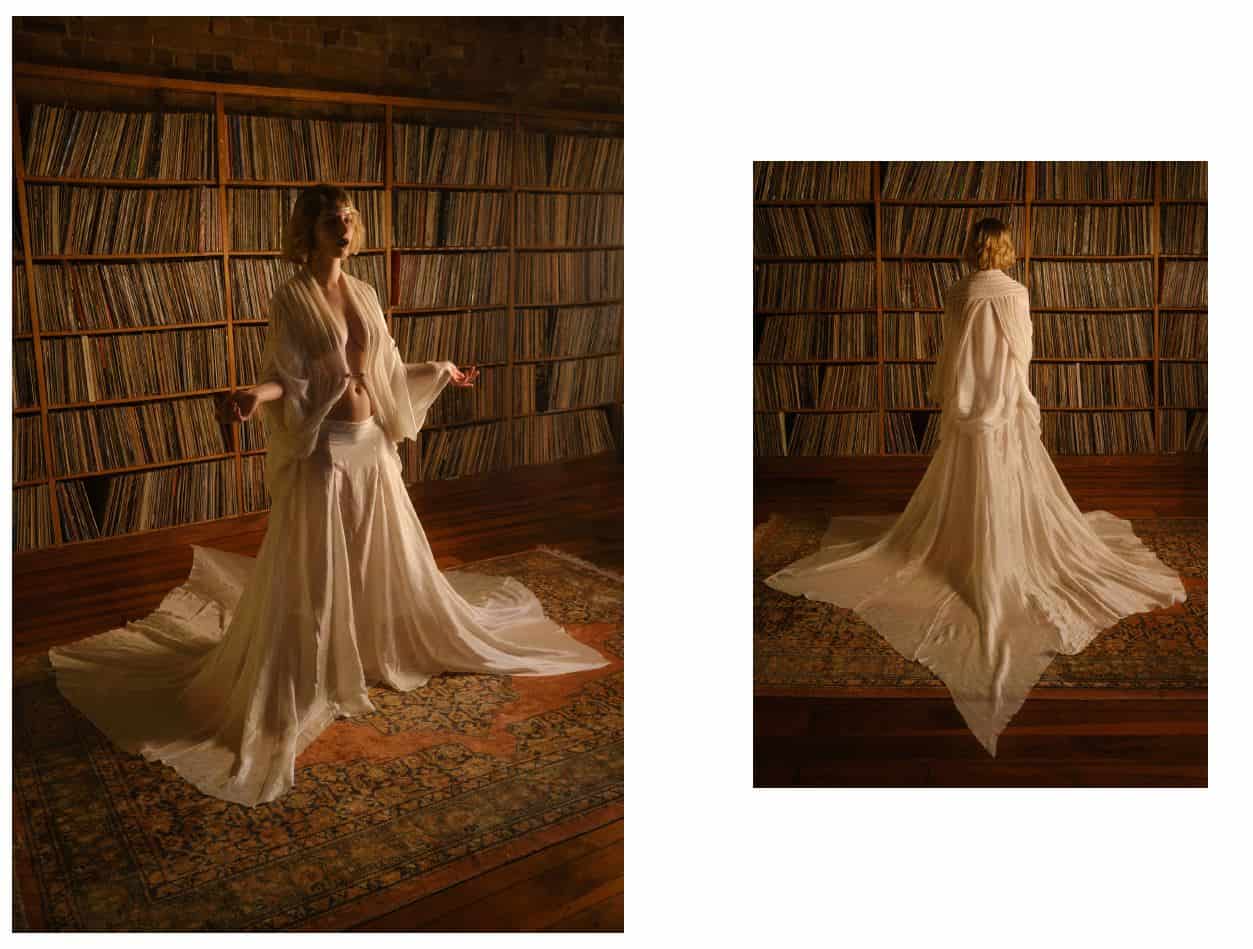
Bachelor of Sustainable Fashion Design
NZQA Level 7 (360 credits)
Graduates of this programme will be able to:
Applicants must
or
International applicants must
The Bachelor of Sustainable Fashion Design is a three-year degree that combines creativity, innovation, and environmental responsibility. It prepares students to design and produce garments using sustainable methods while developing technical, conceptual, and industry-ready skills.
Students typically attend classes three to four days per week, depending on their year and level of study. Each timetable includes at least one day free to allow time for part-time work or independent projects.
No. The Bachelor of Sustainable Fashion Design is 100% coursework-based. Assessment is completed through projects, presentations, and practical work rather than traditional written exams.
No prior sewing experience is required. In the first semester of Year 1, you’ll be supported to develop foundational technical skills in garment construction, patternmaking, and using industrial machines.
You’ll explore sustainable design practices, textile innovation, ethical production, and creative design development. The programme emphasises real-world application through studio work, collaboration, and industry projects that connect design with sustainability.
Graduates have gone on to launch their own sustainable fashion brands, including Maggie Marilyn and Trish Peng, or work in design rooms for major labels such as Kowtow, Zegna, and Loobies Story. Others have pursued postgraduate study, including Master’s programmes at Central Saint Martins in London.
Yes. Students complete industry internships in their final year. Past placements include Rory Docherty, Carpenter’s Daughter, Ruby, Taylor, and Huffer, providing valuable hands-on experience in professional fashion environments.
Yes. Whitecliffe students regularly participate in industry-led projects and events, such as the Auckland Art Gallery Young Designer Night, AFC x New Balance project for NZ Fashion Week, and the New Zealand High Commission Matariki Project in India. (Projects may vary each year.)
Whitecliffe offers a supportive, small-class environment and encourages students to discuss any learning needs before or during enrolment. Individual support plans or accommodations can be arranged to ensure every student thrives.
Yes. Students are responsible for purchasing consumable materials (approximately $450 per year) such as fabric, thread, and notions. Most items can be bought at wholesale prices from the campus shop. In the final year, students produce a collection of five outfits, so costs will vary based on design choices and materials selected. Full details are provided during pre-enrolment.
The vast majority of our team have extensive experience within their respective industries. This is key in helping us ensure our graduates have the real-world skills they need for a successful career and bright future.
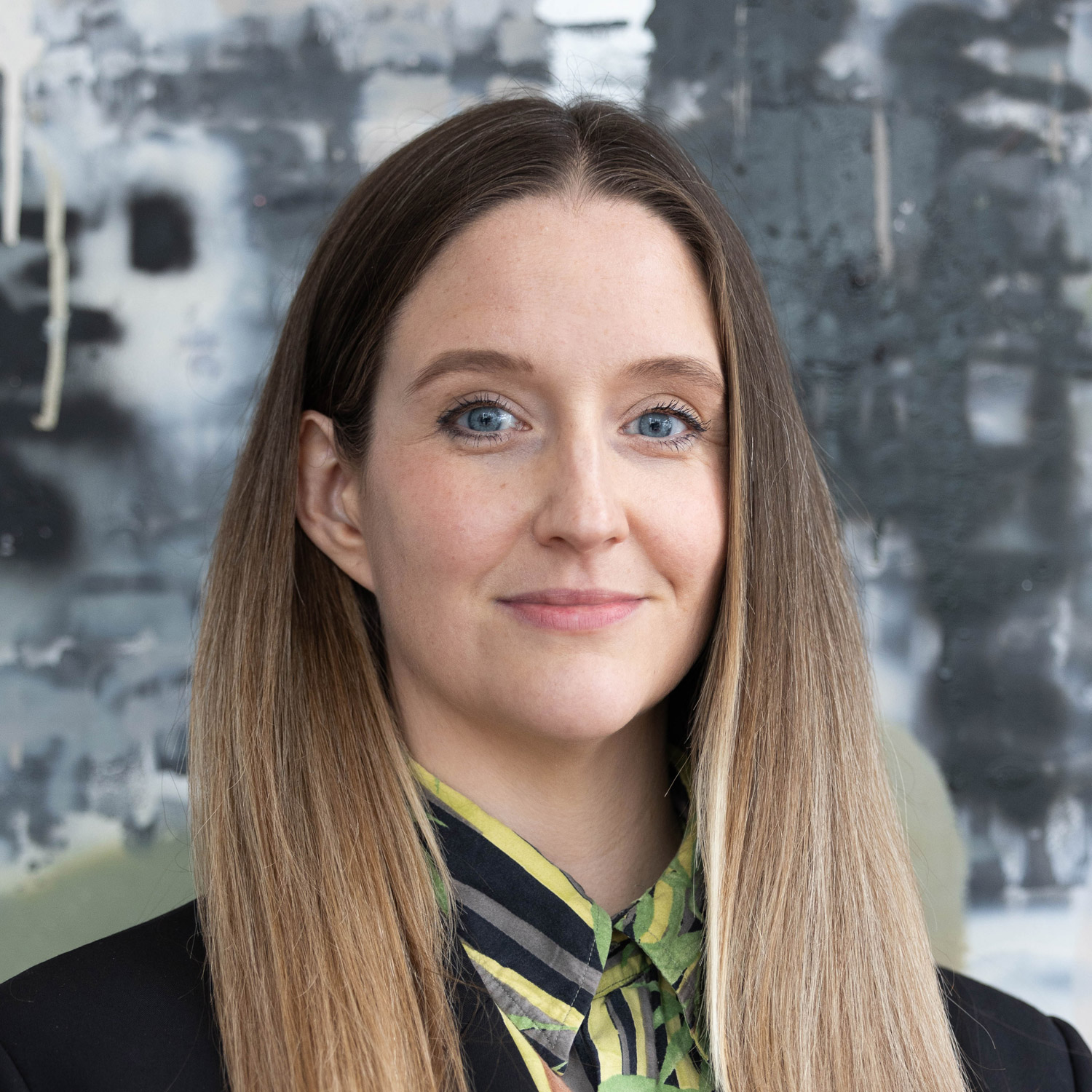
Michelle holds a Master’s degree in Fashion from Central Saint Martins, a Postgraduate Certific ...
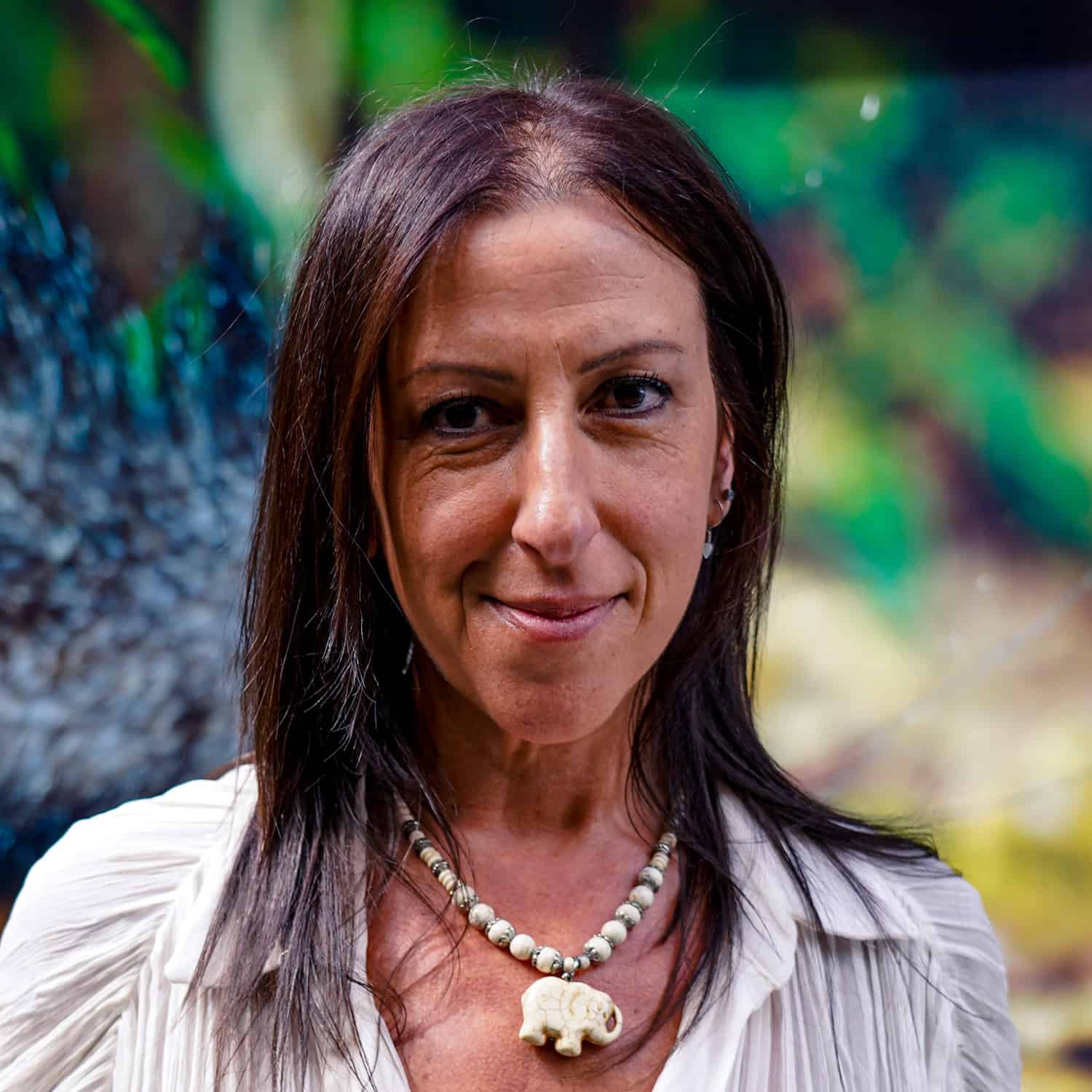
Doula has a rich background in fashion design, having graduated with an Advanced Diploma in Fashi ...
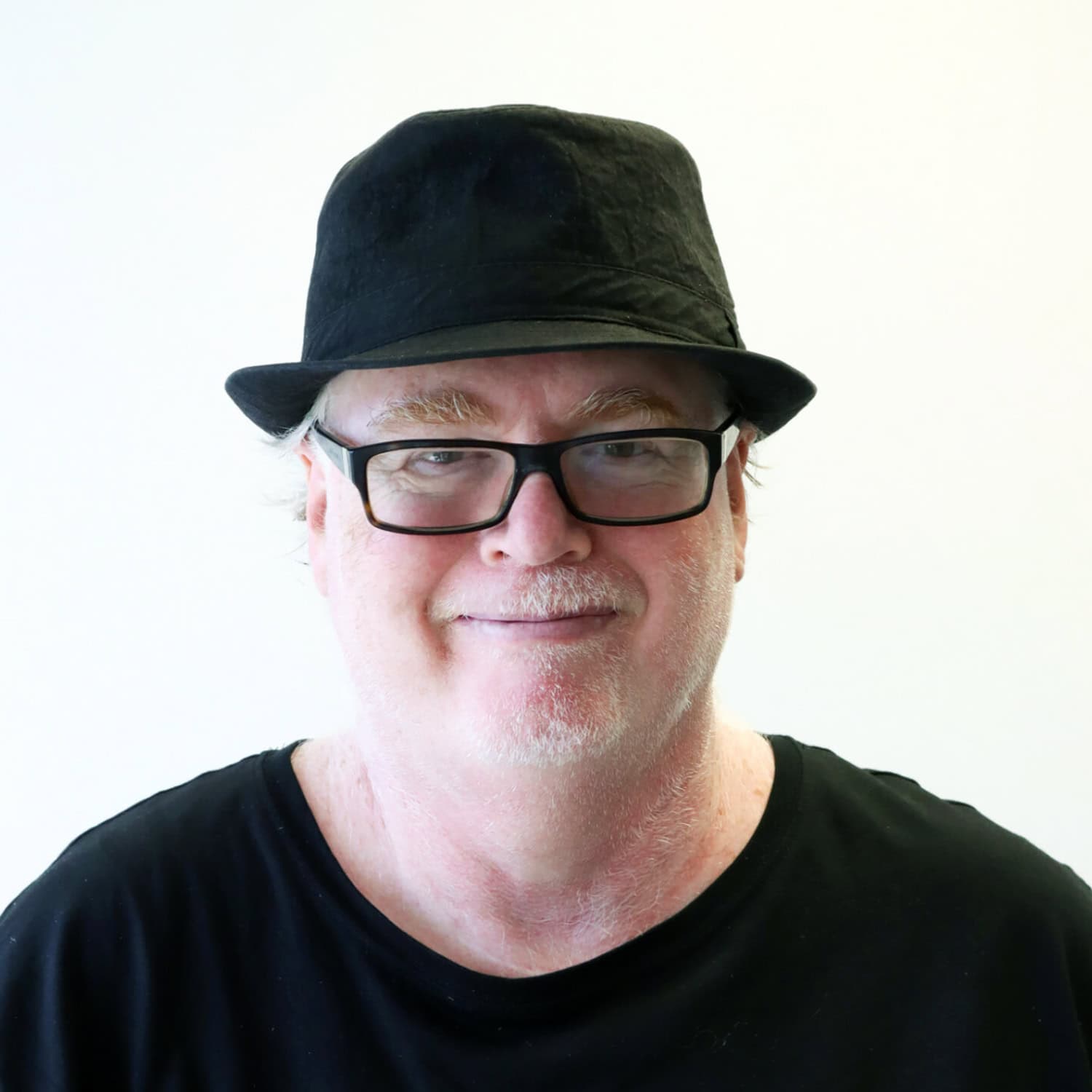
Giles Peterson is a distinguished educator and independent curator at Whitecliffe College of Arts ...
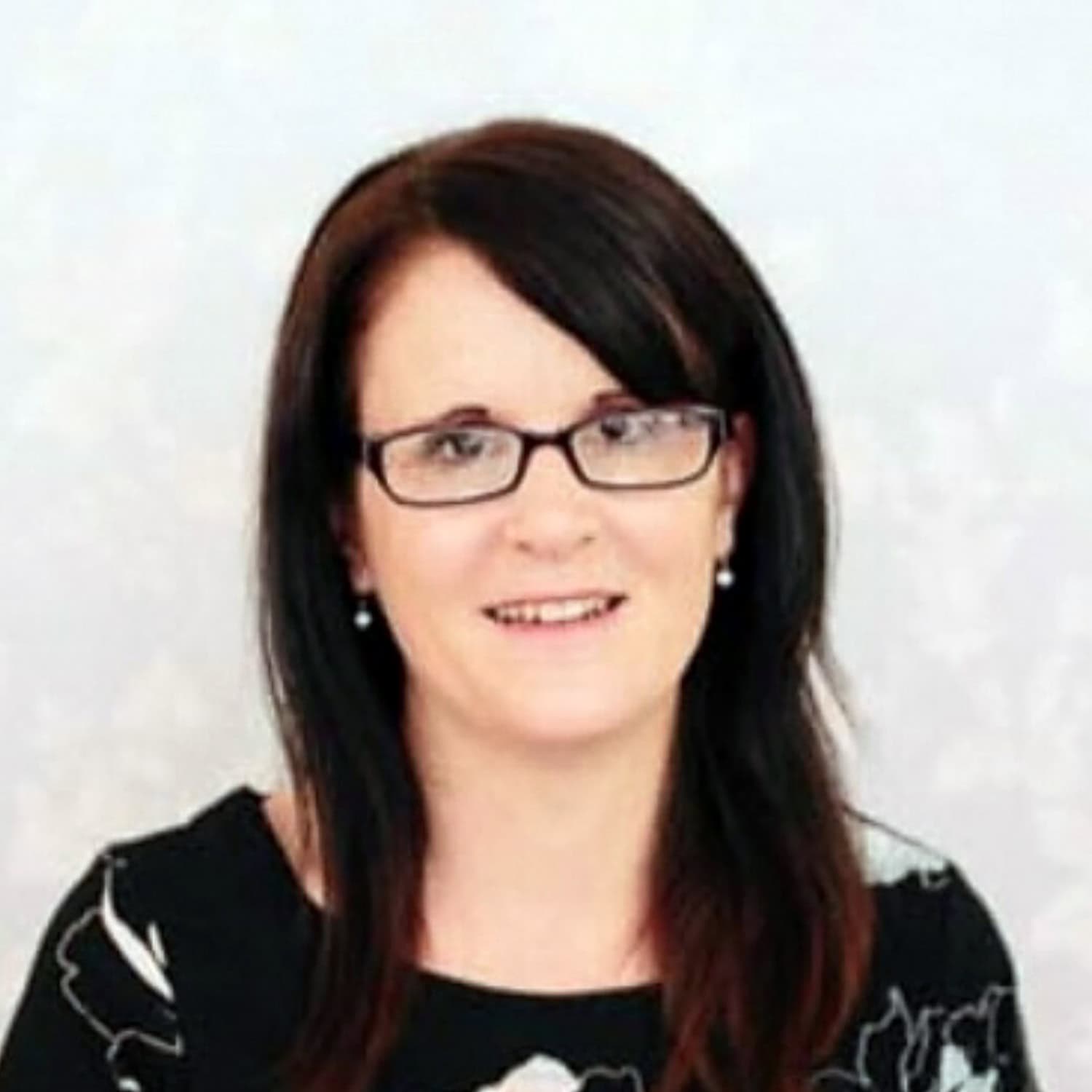
Angela holds a Diploma in Fashion Design and Technology from Massey University, where she receive ...
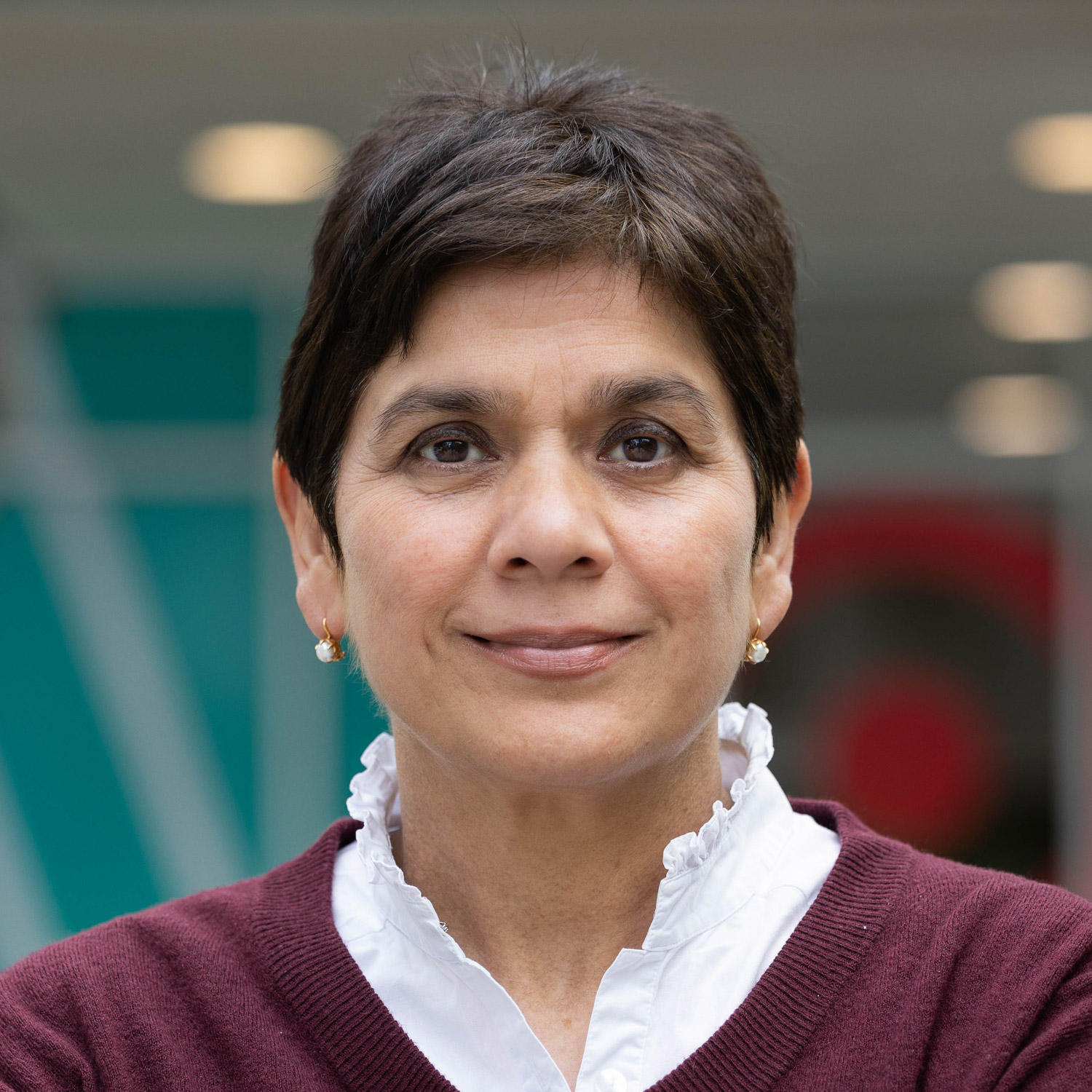
Harita Kapur is an academic and design professional with over 30 years of experience in integrati ...
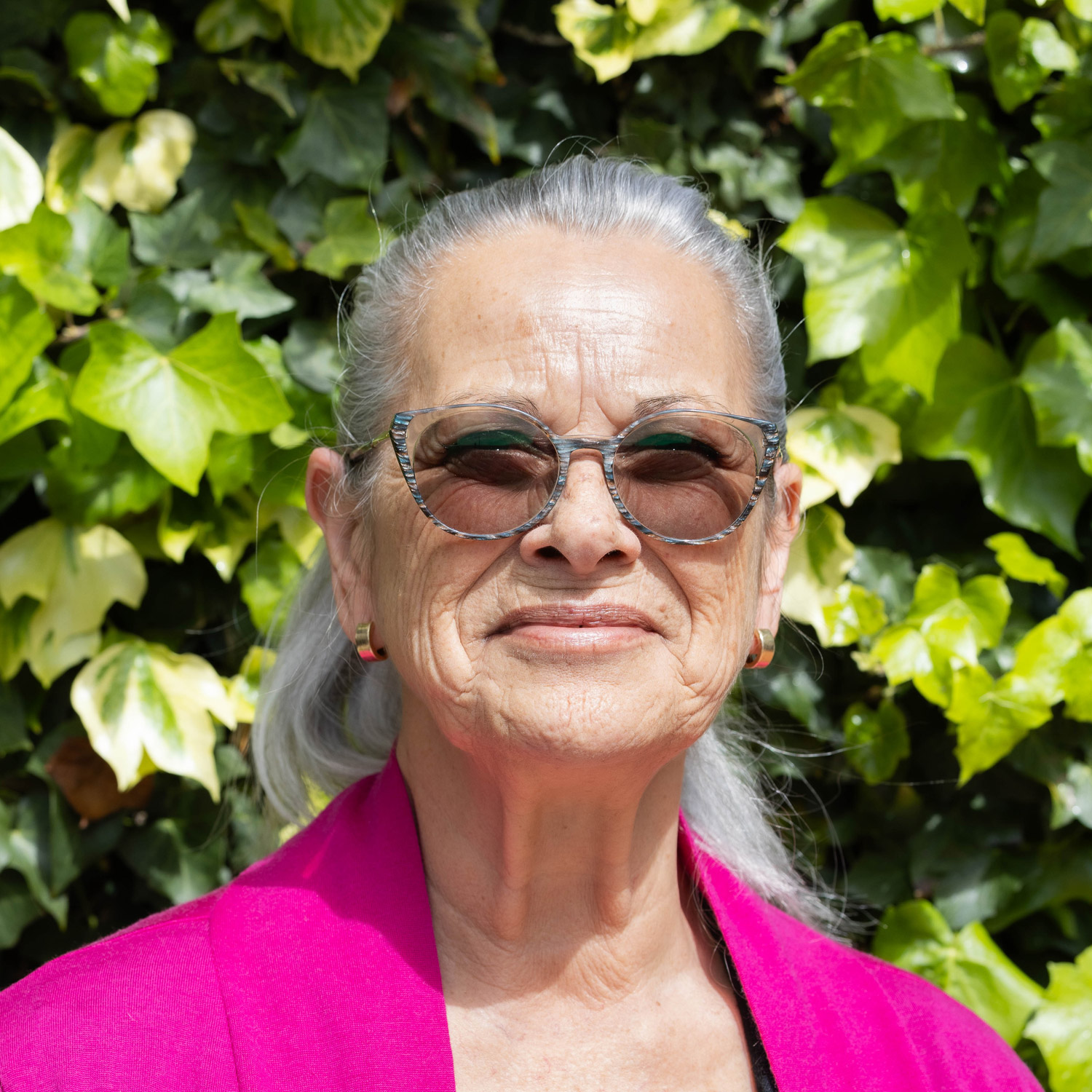
Working with such a diverse range of people brings Heather immense satisfaction. She truly believ ...
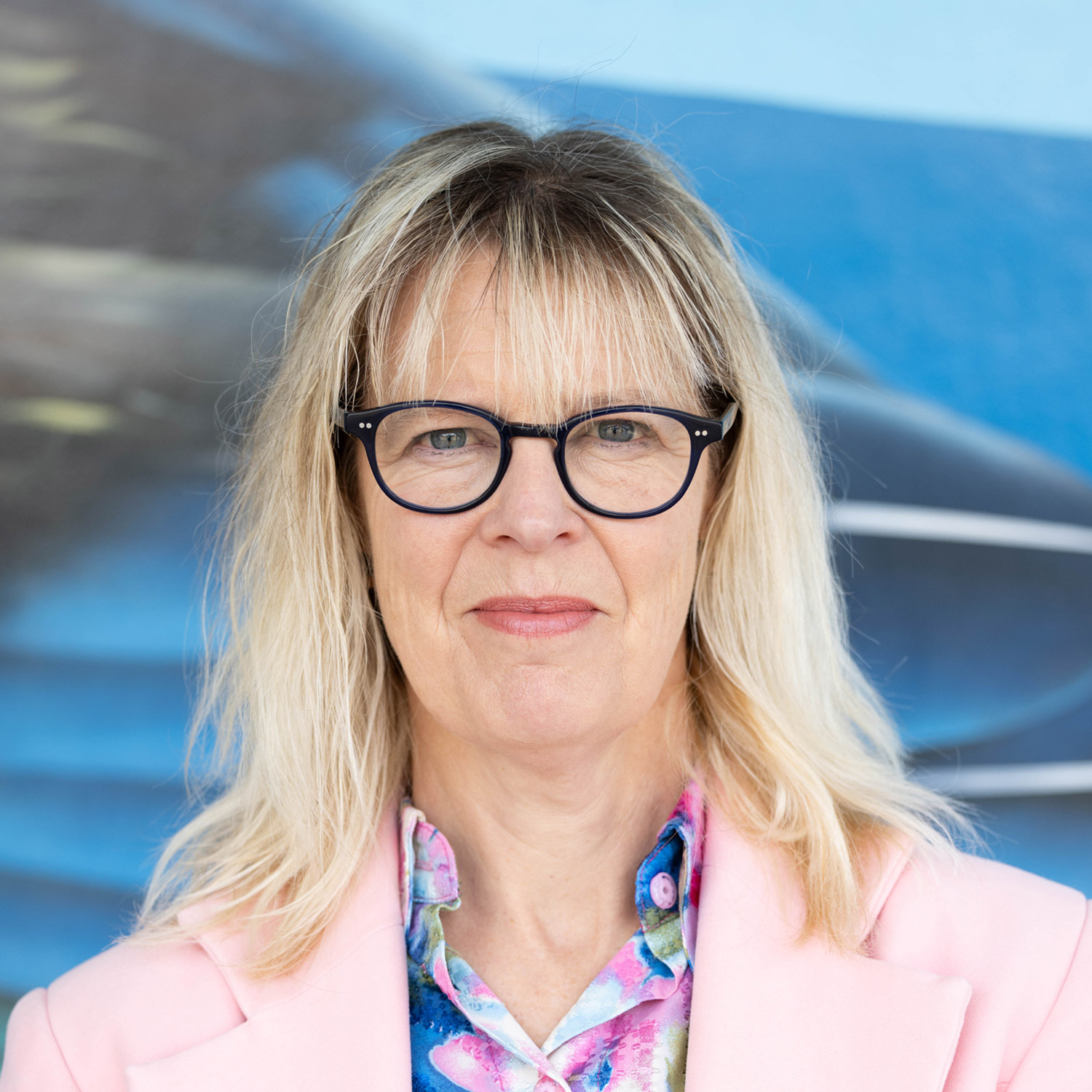
As a graduate of the Wellington Polytechnic School of Fashion, Lisa discovered her passion for fa ...
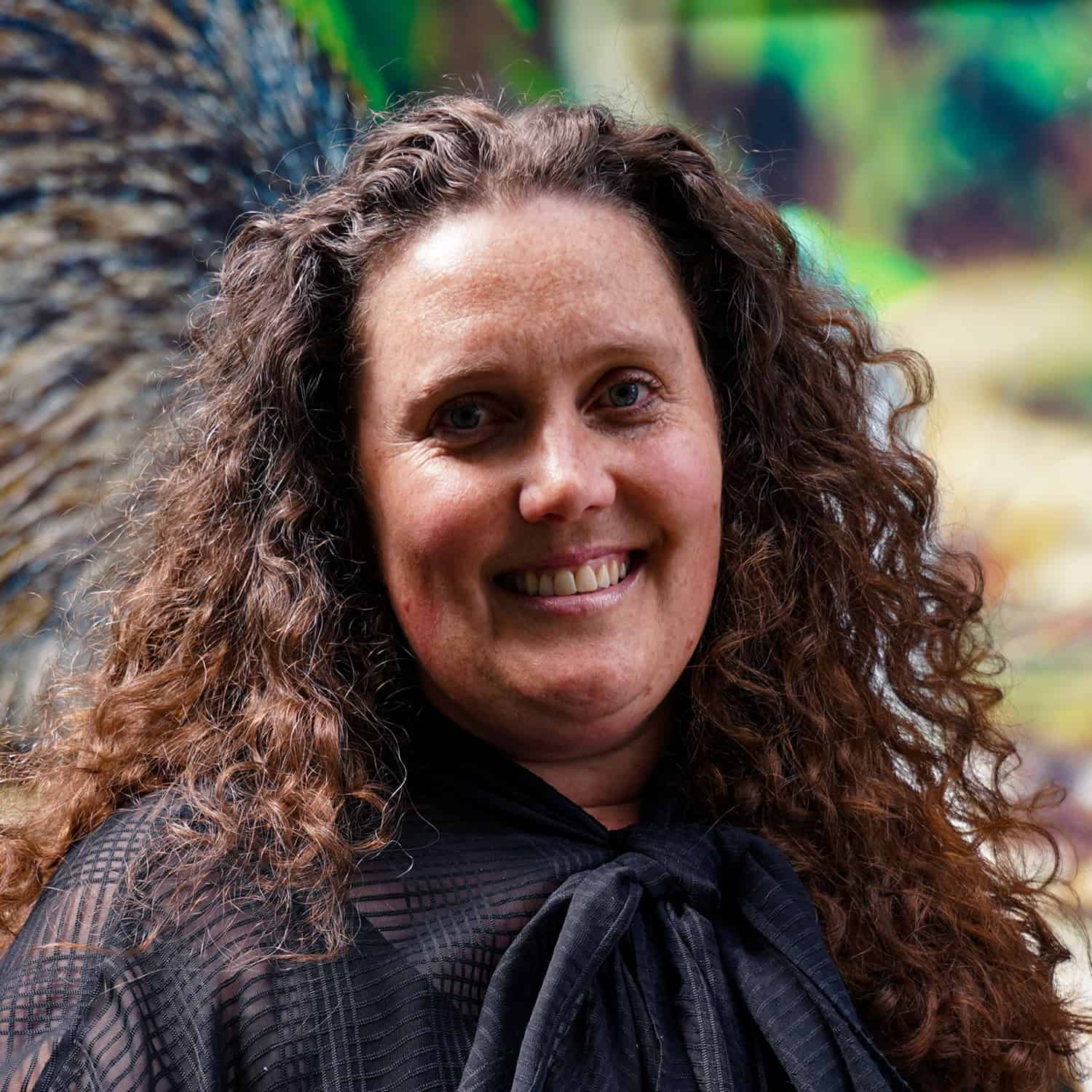
Pip has been involved in the fashion industry since completing her Bachelor of Design (Fashion) a ...

SuJin is an experienced jewellery CAD designer who has been serving the New Zealand industry sinc ...
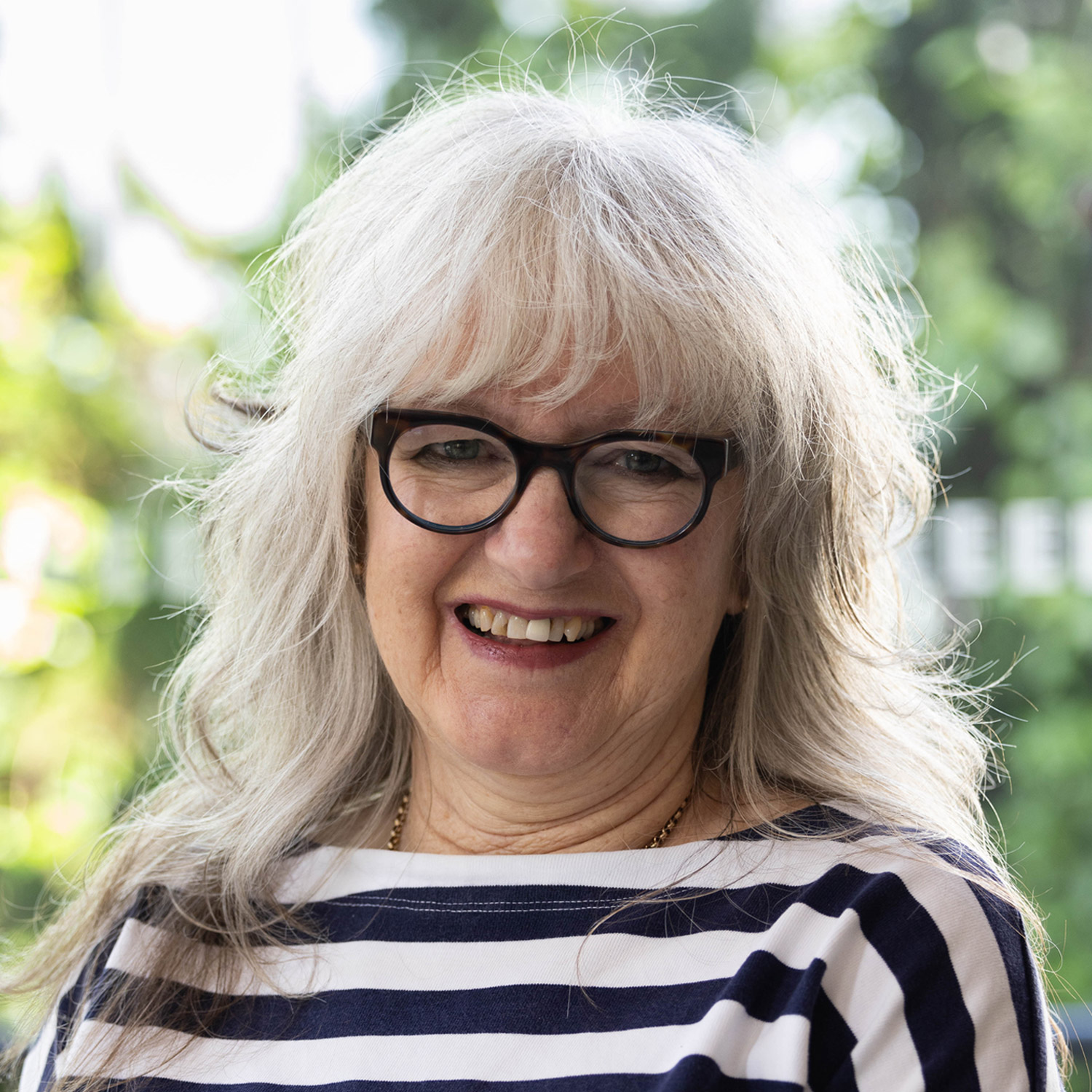
Born in Yorkshire during a time when crafting and repurposing were everyday practices, Susan Bart ...
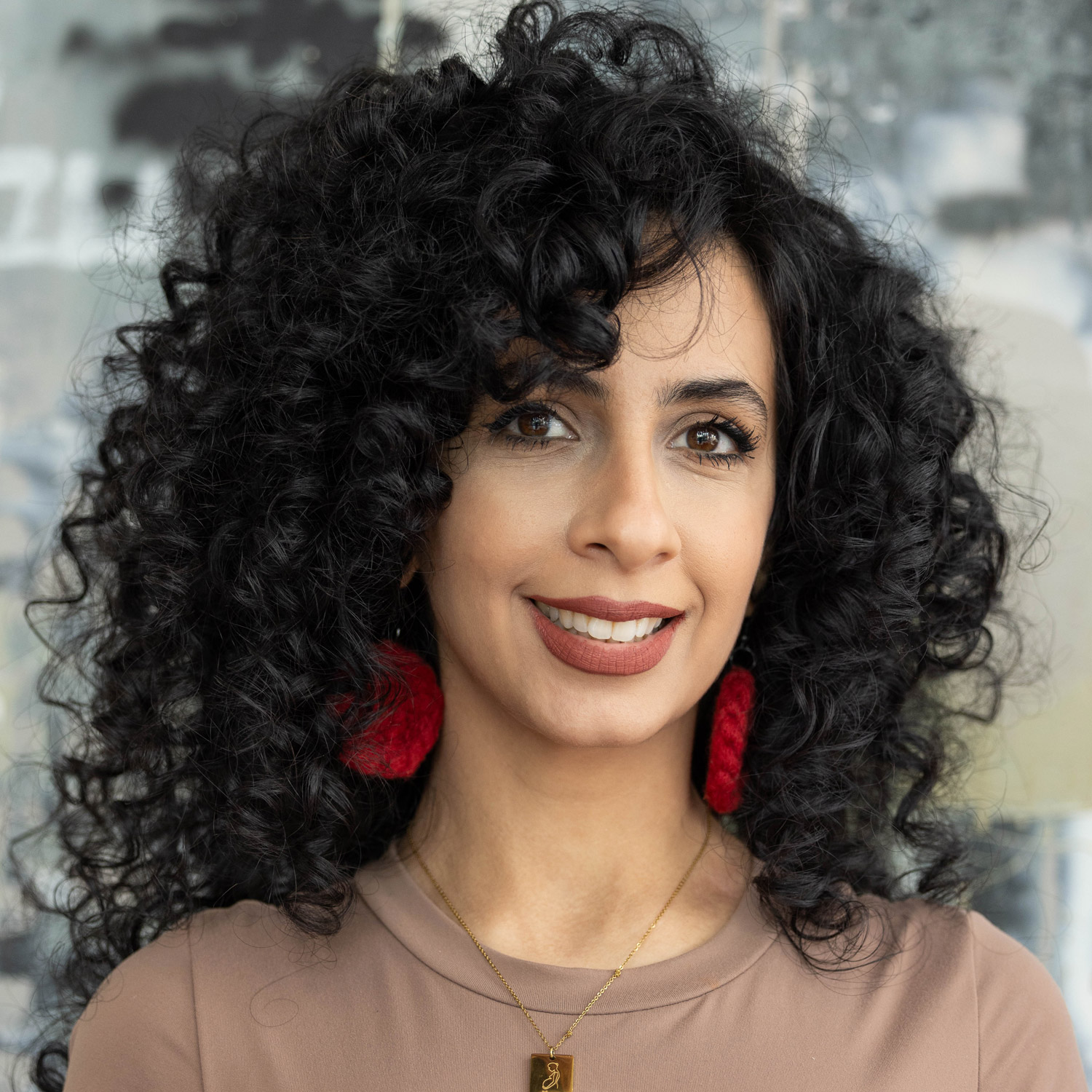
Tannaz Barkhordari is a fashion designer and educator, specialising in sustainable fashion practi ...
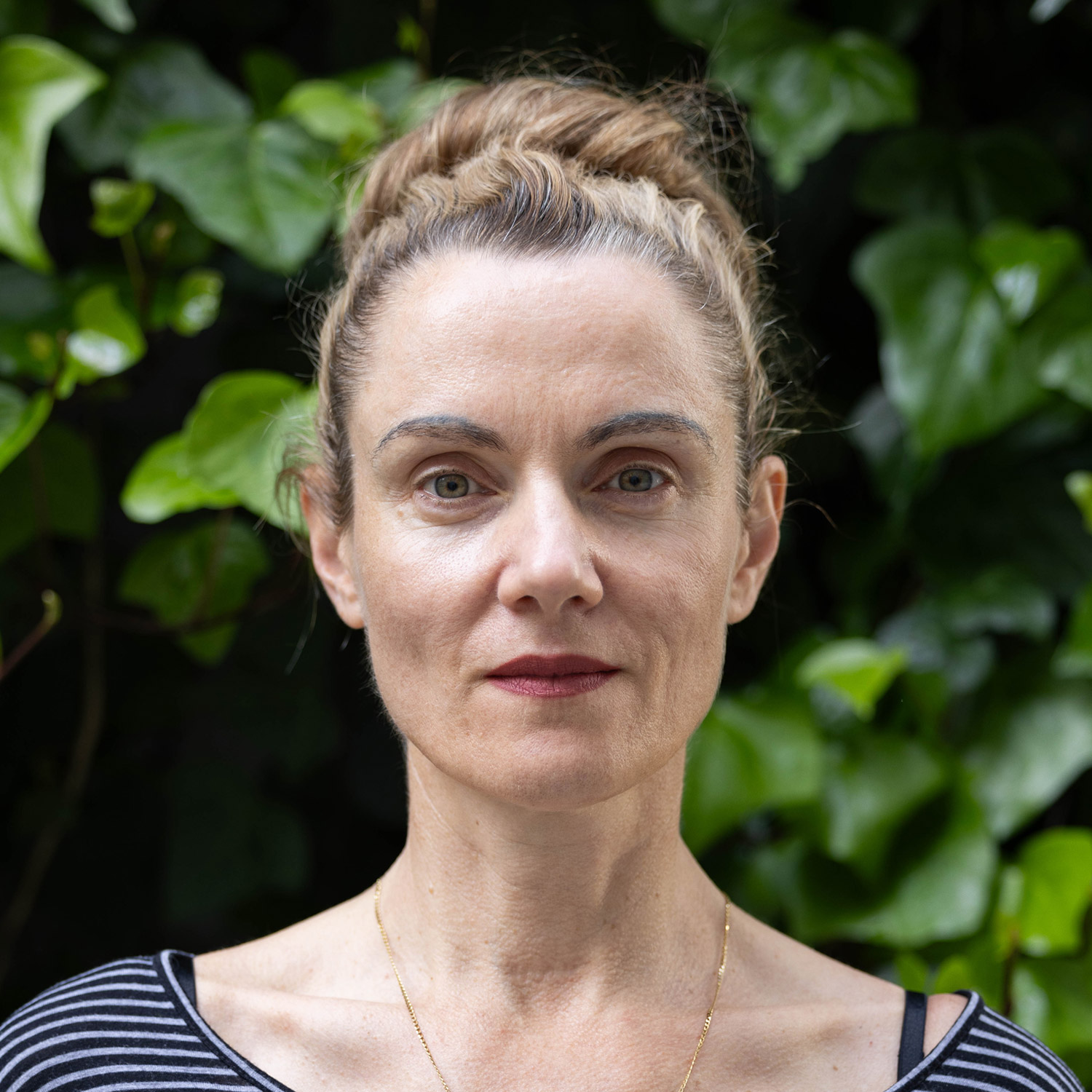
Veronica’s extensive fashion background spans from traditional fashion methodology to graphic a ...
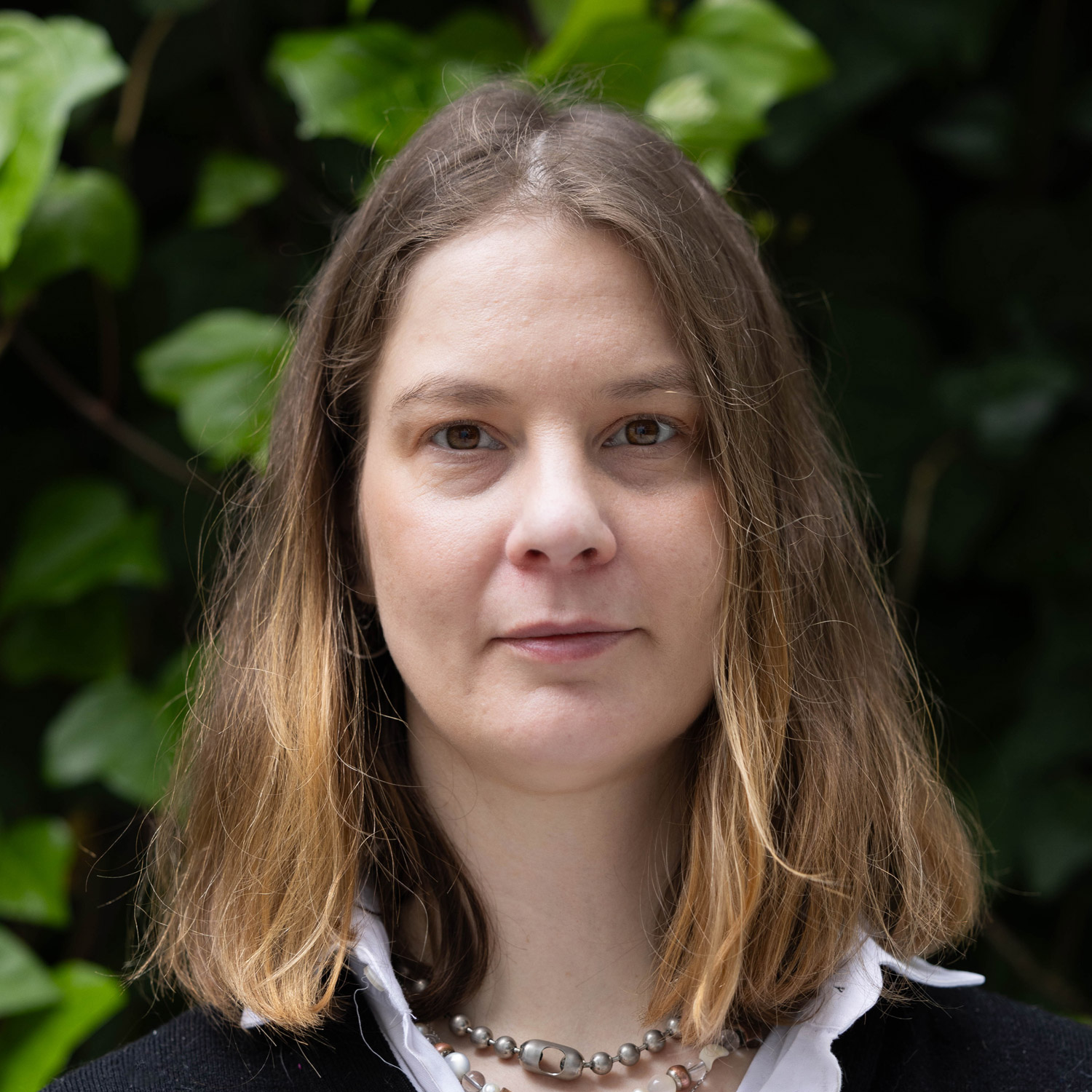
Nicole integrates innovative design methodologies with a commitment to sustainability and critica ...